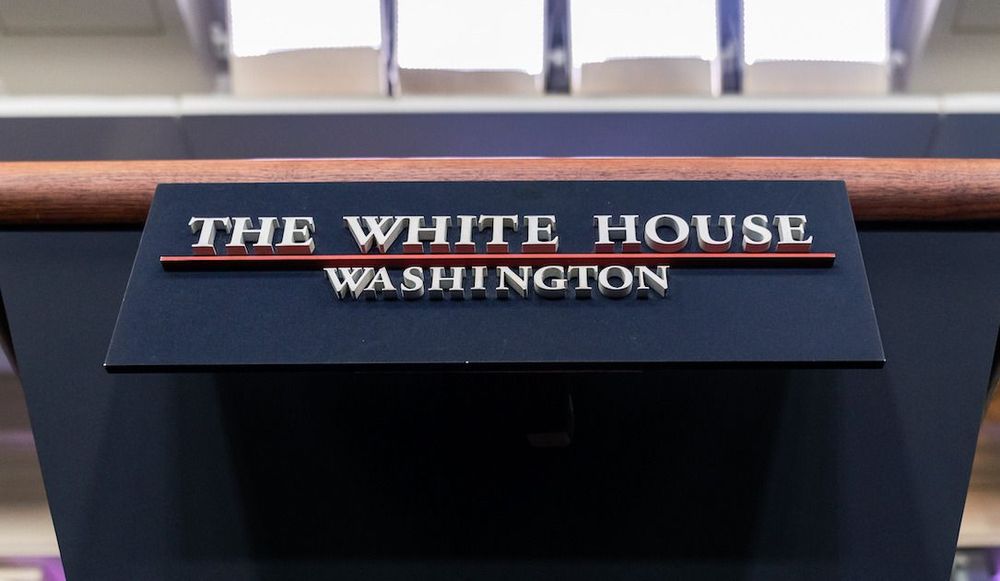Section 702 surveillance powers necessary, but FBI access needs limits, panel says
Congress should renew the electronic surveillance powers authorized under a controversial 2008 law, but not without fresh rules governing the FBI’s use of the program, according to a White House panel of intelligence experts.
Although several federal agencies have access to the database created under Section 702 of the Foreign Intelligence Surveillance Act (FISA), the President’s Intelligence Advisory Board singled out the FBI because of disclosures of a handful of specific cases in which bureau personnel overstepped while using the program.
“FBI must have the tools it needs to do its job, but given FBI’s compliance record with respect to its queries of FISA data, there is no question that reforms are needed,” says the report, which was made public Monday. The surveillance powers expire at the end of this year.
Section 702 allows the National Security Agency to capture emails, text messages and other digital information about foreigners without a warrant. Sometimes information from within the U.S. is collected, like when a resident communicates with a known target overseas. The FBI can access that data for operations like counterintelligence programs.
The board emphasized that the three previously identified incidents of “intentional misconduct” by FBI personnel are “from among millions of FBI queries of Section 702 information and FBI has addressed the incidents appropriately.” Those incidents — and privacy concerns in general — have prompted Republican and Democratic lawmakers to push back against the Biden administration’s efforts to reauthorize the program.
In releasing the report, the White House did not offer a detailed response to the board’s proposals, but a joint statement from Jake Sullivan, the president's national security adviser, and Jon Finer, the principal deputy in that office, said the White House would be “reviewing the Board’s recommendations for how we can secure this critical national security authority and to working with Congress to ensure its reauthorization.”
The board recommends establishing “a common standard for U.S. person queries across all agencies,” meaning database searches that are reasonably likely to identify one or more specific U.S. citizens.
Other goals for Congress should be to “improve FBI’s internal compliance regime, streamline FBI Section 702 authorities, engender a single culture of compliance across the intelligence community, further strengthen the program’s already robust overall oversight framework, codify policies in statute, and enhance transparency with the public,” the board said.
FBI Director Christopher Wray noted earlier this month in a congressional hearing that the bureau has been making ongoing changes to how it uses the Section 702 database.
“We have had problems. And those problems are unacceptable and I’m determined with my leadership team to fix them,” he said.
The public’s trust is important, the board said, given what is at stake.
“The cost of failure is real,” the board said. “If Congress fails to reauthorize Section 702, history may judge the lapse of Section 702 authorities as one of the worst intelligence failures of our time.”
Joe Warminsky
is the news editor for Recorded Future News. He has three decades of experience as an editor and writer in the Washington, D.C., area. He previously he helped lead CyberScoop for more than five years. Prior to that, he was a digital editor at WAMU 88.5, the NPR affiliate in Washington, and he spent more than a decade editing coverage of Congress for CQ Roll Call.



